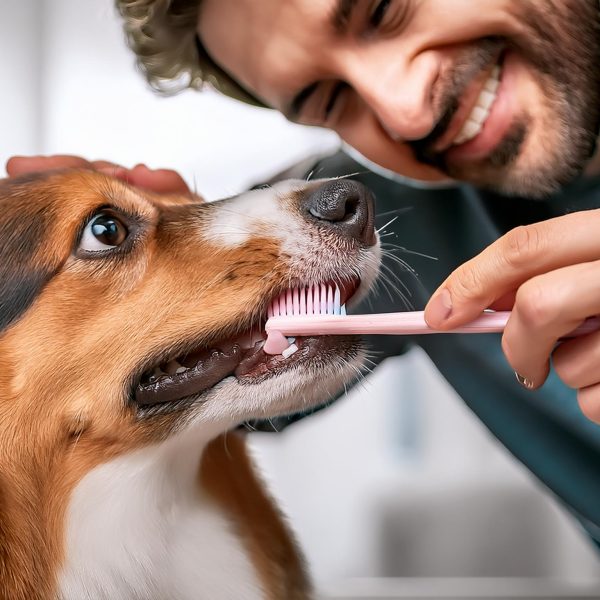Bringing a pet into your life can be an enriching and joyful experience, but it also comes with a set of important responsibilities. Whether you’re a first-time pet owner or looking to refresh your knowledge, understanding the fundamentals of pet care is essential for the overall wellbeing of your beloved companion. In this comprehensive guide, we will delve into various aspects of pet care that apply to a wide range of animals, helping you create a happy and healthy environment for your cherished furry friend.
1. Selecting the Right Pet
The very first step towards responsible pet ownership is selecting the right animal companion that suits your lifestyle. Different animals have unique needs and requirements. Before making a decision, consider factors such as your living situation, the time you can dedicate to your pet, and your financial capacity. Take the time to research various breeds or species that align with your preferences and can seamlessly fit into your daily routine.
2. Providing a Balanced Diet
Similar to humans, pets require a balanced and nutritious diet to thrive. The dietary needs of each pet depend on factors such as species, age, and activity level. Consulting a veterinarian is highly recommended to determine the type and quantity of food that suits your pet’s needs. It’s important to establish a consistent feeding schedule and ensure your pet always has access to fresh water. Be cautious about giving them table scraps, as certain human foods can be harmful to animals.
3. Regular Exercise and Mental Stimulation
Keeping your pet physically active and mentally engaged is vital for their wellbeing. Dogs benefit from regular walks, while cats thrive with playtime and opportunities to climb. Mental stimulation can be provided through toys, puzzle feeders, and training sessions, all of which help prevent boredom and maintain their overall health.
4. Veterinary Care
Routine visits to the veterinarian are essential for identifying and preventing potential health issues in your pet. Vaccinations, parasite prevention (such as flea and tick control), and dental care should all be part of your pet’s healthcare routine. Early detection of health problems leads to timely treatments and a longer, healthier life for your furry companion.
5. Grooming and Hygiene
Maintaining proper grooming practices is not only about appearance but also supports your pet’s overall health. Regular brushing helps prevent matting, shedding, and skin problems. Nail trimming, ear cleaning, and dental care are all integral aspects of your pet’s hygiene routine.
6. Creating a Safe Environment
Your home should be a safe haven for your pet. Taking precautions to remove hazards, such as toxic plants and objects that could be ingested, is crucial. Childproof latches on cabinets containing harmful substances can prevent accidents. Additionally, create a designated space for your pet that includes comfortable bedding, access to shade, and protection from extreme weather conditions.
7. Socialization and Training
Socialization and training are essential for your pet to develop positive behavior and interactions with both animals and people. Exposing them to various environments, sounds, and experiences during their early stages of life can help prevent fear and aggression. Teaching basic commands like “sit,” “stay,” and “come” enhances their safety and communication.
8. Identification and Safety
Identification is key in case your pet goes missing. Ensure they wear a collar with an ID tag containing your contact information. Microchipping is another effective form of identification that increases the chances of reuniting with your pet if they become lost.
9. Maintaining Emotional Wellbeing
Pets, like humans, can experience stress and anxiety. Establishing a routine and providing a secure space where they feel safe are crucial for maintaining their emotional wellbeing. Be attentive to signs of distress, such as changes in eating habits or excessive barking, and consult a veterinarian or animal behaviorist if needed.
10. Unconditional Love and Attention
Above all, pets thrive on love and companionship. Spending quality time with your pet, showing them affection, and engaging in interactions are essential for their happiness. Whether it’s cuddling on the couch, playing outdoors, or simply conversing, your presence contributes to their overall wellbeing.
In conclusion, welcoming a pet into your life entails a commitment to their physical and emotional wellbeing. By following the principles outlined in this guide, you’ll forge a strong bond between yourself and your furry companion. Remember that pet ownership is an ongoing journey that demands continuous learning, patience, and, most importantly, an abundance of love.








